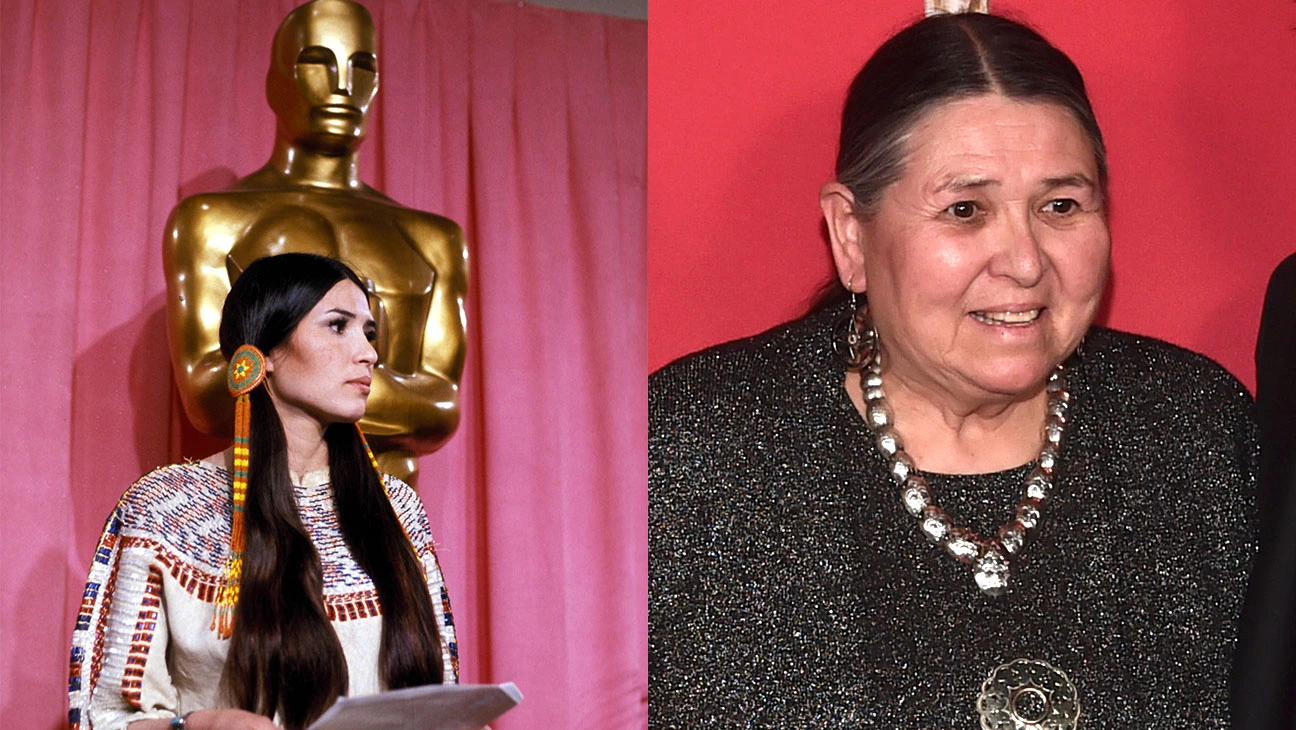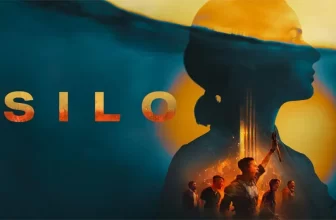
On April 9, 1973, Marlon Brando changed the course of history with just a few words. He delivered his Oscar acceptance speech for the Best Actor award in absentia, sending Native American activist Sacheen Littlefeather to refuse the award on his behalf. What followed was a momentous event that challenged the Hollywood establishment and brought attention to the plight of Native Americans. The impact of Brando’s actions reverberated throughout the industry and beyond, sparking conversations about representation, power dynamics, and social justice. In this blog post, we’ll explore how Marlon Brando’s Oscar speech 50 years ago changed the course of history and why its legacy still resonates today.
Marlon Brando’s Groundbreaking Oscar Speech
Fifty years ago, Marlon Brando shocked the world when he declined his Best Actor Oscar award for his iconic portrayal of Vito Corleone in The Godfather. Instead, he sent Sacheen Littlefeather, an Indigenous Apache-Mexican woman, to speak on his behalf. Littlefeather delivered a powerful message about the ongoing struggles and injustices faced by Native American communities. Brando’s decision was a defining moment in Hollywood history, highlighting the importance of using one’s platform to raise awareness and advocate for important causes. Littlefeather’s presence on stage brought much-needed attention to the pressing issues facing Indigenous peoples in the United States, and her speech remains a powerful reminder of the ongoing struggle for equal rights and representation. Brando’s refusal of the Oscar and Littlefeather’s powerful message continue to serve as a symbol of the power of activism and the need for greater inclusion and diversity in the film industry.
Sacheen Littlefeather’s 1973 Oscars speech drew attention to the issue of misrepresentation and mistreatment of Native Americans in the media. Speaking on behalf of Marlon Brando, the renowned actor who refused to accept his award for The Godfather, Littlefeather highlighted the ongoing struggles faced by Native Americans in the film industry. Her speech shed light on the systemic discrimination and disregard for Indigenous perspectives that had persisted for decades. Her words emphasized the need for greater respect and understanding of Native American cultures and experiences, and challenged Hollywood’s entrenched biases. Littlefeather’s eloquent address remains a significant moment in the history of the representation of Indigenous peoples in the media, and serves as a reminder of the importance of diversity and inclusion in all aspects of society.
Additionally, the impact of Sacheen Littlefeather’s historic moment at the 1973 Oscars cannot be overstated. Not only did it bring attention to the struggles and discrimination faced by indigenous people in Hollywood and beyond, but it also helped shift public opinion towards a more empathetic and understanding attitude. The power of the Oscars stage was harnessed to elevate the voices of marginalized communities, and Littlefeather’s bravery in speaking out against injustice will always be remembered as a groundbreaking moment in the history of the Academy Awards. As we continue to strive for greater representation and inclusivity in the entertainment industry, we must never forget the legacy of trailblazers like Sacheen Littlefeather, who paved the way for a more equitable future.
How His Historic Moment Changed the Course of History
Half a century ago, Marlon Brando stunned the world with a groundbreaking decision that deeply resonated in American history. In 1973, Brando sent Sacheen Littlefeather, a Native American activist, to speak on his behalf at the Academy Awards. The move was unprecedented, and Littlefeather’s powerful plea to honor the indigenous peoples of America and their struggle for justice had a profound impact on the entertainment industry and beyond. Brando’s decision showcased his commitment to social justice and championed the idea of representation in Hollywood, paving the way for many marginalized groups to gain a voice and help shape the industry. Littlefeather’s passionate defense of her people’s rights not only made a lasting impression on the audience at the Oscars, but it also ignited a national conversation about race relations and social inequality. Brando’s bold move shook the foundations of the establishment, challenging the traditional ways of doing things and inspiring future generations to use their platform to enact change. Indeed, the impact of Marlon Brando’s decision to send Sacheen Littlefeather on stage in 1973 is still felt today, and it remains a powerful reminder of the power of representation and advocacy in shaping history.
Additionally, Littlefeather’s brave act at the Oscars not only shed light on the discrimination faced by Native Americans in the film industry, but also demonstrated the power of one person to influence change. Her unwavering commitment to addressing an issue that was often overlooked brought the plight of Native Americans to the forefront of public discourse. Littlefeather’s legacy serves as a reminder of the importance of speaking up for marginalized communities and fighting for equality. Her actions continue to inspire future generations to take a stand against injustice and advocate for those who cannot speak for themselves. In conclusion, Littlefeather’s actions serve as a testament to the profound impact one person can have on society, and her courageous voice will continue to resonate for years to come.
To Conclude
In retrospect, Marlon Brando’s refusal of the Best Actor Oscar in 1973 was more than just a bold act of defiance. It was a pivotal moment in the history of Hollywood and a wake-up call for the entertainment industry to acknowledge the need for greater social awareness and inclusivity. Brando’s speech, delivered through Sacheen Littlefeather, exposed the deep-seated biases and ingrained prejudices that had long plagued the industry. It served as a catalyst for change, sparking conversations about diversity, representation, and social justice that continue to this day. As we reflect on the legacy of Marlon Brando’s iconic moment, we are reminded of the power of individuals to ignite change and challenge the status quo. His actions paved the way for a more inclusive and equitable Hollywood, and his voice continues to inspire generations of activists and artists to push for progress and justice.
Related :
Academy Apologizes to Sacheen Littlefeather for Her Mistreatment at the 1973 Oscars
Nearly 50 years after suffering harassment and discrimination for protesting Native American mistreatment, the activist will be the guest of honor at an evening of healing and Indigenous celebration hosted by the Academy Museum on Sept. 17.
The first time Sacheen Littlefeather encountered the Academy, in 1973, she was booed onstage at the Oscars, heckled with mock ululations and so-called “tomahawk chops” offstage, and threatened with arrest and physical assault.
Nearly half a century later, she will return to the Academy as an invited guest of honor for an evening of reflection at the Academy Museum, featuring something she never dared to imagine: a formal apology from the Academy of Motion Picture Arts and Sciences.
“I was stunned. I never thought I’d live to see the day I would be hearing this, experiencing this,” Littlefeather (Apache/Yaqui/Ariz.), now 75, tells The Hollywood Reporter of receiving the Academy’s statement, which was first privately presented to her in June. “When I was at the podium in 1973, I stood there alone.”




![Bonhoeffer Pastor. Spy. Assassin [2024]](https://www.stunninglifestyle.com/wp-content/uploads/2024/07/Bonhoeffer-Pastor.-Spy.-Assassin-2024-336x220.webp)

